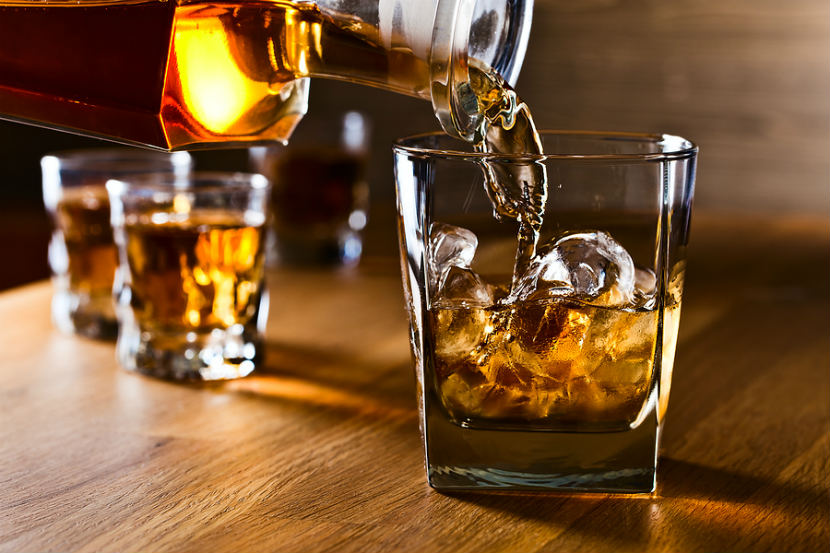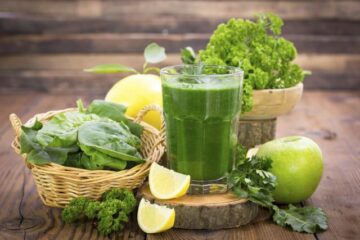Drinks industry requires 15% discount of excise tax on alcohol

The beverages industry is looking at the Government to lessen the excise tax on alcohol using 15% over the subsequent years to save the closure of pubs and off-licenses. The Drinks Industry Group of Ireland (DIGI) – an umbrella enterprise representing the Irish Hotels Federation, Licensed Vintners Association, National Off-Licence Association, Restaurants Association of Ireland, and the Vintners Federation of Ireland – needs a 7.5% discount in excise tax Budget 2020 and also 7.Five% discount in the Budget 2021. “Not most effective will this unfastened up resources for the vital business increase and task introduction, in particular in rural Ireland, a discount in alcohol excise tax will also cease an unfair austerity-generation tax on clients and entrepreneurs, this is long past due to a reversal,” said Rosemary Garth, chairwoman of DIGI and director of communications & corporate affairs at Irish Distillers.

The call comes in a document, ‘Building a Sustainable Drinks and Hospitality Sectors: The Role of Government Policy,’ through DCU economist Anthony Foley. The document highlights the distinction between the excise tax on alcohol in Ireland and in different EU countries. In France, one cent of the excise tax is levied on a 187ml glass of wine compared to 80 cents in Ireland, even as there’s 5 cents on a pint of lager in Germany, however,55 cents on a pint right here. Excise tax on a 70cl bottle of whiskey bought in an Irish off-license is nearly €12, compared to €2.90 in Italy. A survey of DIGI participants determined that 71% of publicans say that Ireland’s excise charge has “negatively impacted their enterprise in the ultimate twelve months.”
More than a 3rd (37%) of off-licenses advised surveyors that they’ll close within the next 10 years, and 10% of rural publicans said they might permit the group of workers to go in 2019 because of “rising enterprise prices”. According to a survey of 1,000 Irish consumers, conducted using Amárach Research on behalf of DIGI, forty-three % of clients who have noticed a growth in charges due to the 2018 VAT hike say they have decreased their spending at restaurants, inns, and cafés. A zone says they now do not buy alcohol with their food. 51% stated they bring worldwide traffic to their neighborhood pub, and sixty-four % bring visitors to their neighborhood eating place.
Ms. Garth said the drinks and hospitality enterprise “is one of Ireland’s most critical sectors in terms of tourism.”
“This enterprise can provide over €6 billion in tourism spend, but with Brexit uncertainty and our loss of competitiveness in Europe, this industry is going through some tough times. “Economically, socially, and culturally, Ireland is undoubtedly a modified u. S. Howeve, some things will stay permanent, essential furniture of Irishness, and that consists of taking part in a pint at a pub, a glass of wine at an eating place, or a cocktail in a hotel bar, with friends, family, and co-workers. Our research demonstrates this. However, the Government is publicly detached from the fulfillment of Ireland’s beverages and hospitality sector, and is more than happy to burden it with a punishing excise tax rate and high VAT,” she said.















